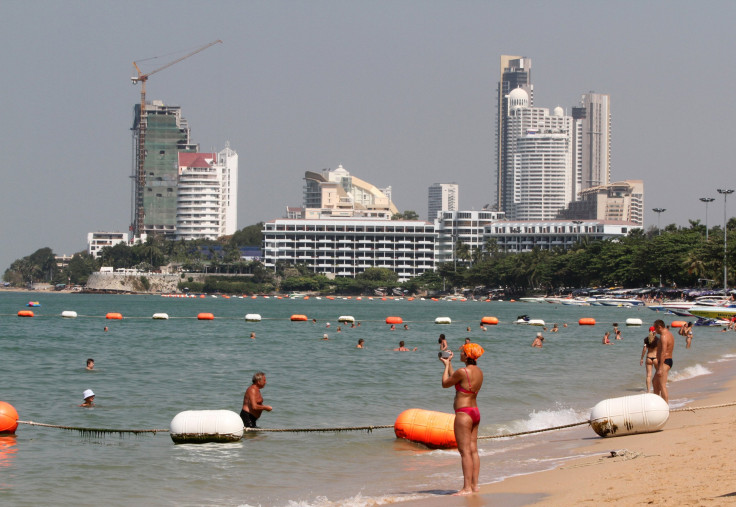Thailand To Adopt Stimulus Package Aimed To Boost Growth By 1%, Focus On Infrastructure, Domestic And External Demand

The Thai government yesterday approved new stimulus packages to spur Southeast Asia’s second largest economy and targeting a one percentage point gain in growth.
The planfocuses on increasing private consumption and investment, speeding up the government’s budget disbursement and stimulating exports after the economy showed signs of slowing down.
The stimulus will help to bump the country’s economic growth to 5 percent from 4 percent for the year, said Deputy Prime Minister Kittiratt Na-Ranong, according to the Bangkok Post.
The Bank of Thailand last month cut its economic growth forecast to 4.2 percent from 5.1 percent due to tepid domestic consumption, and the fragile global state of economic recovery. The central bank also cut its export growth estimate to 4 percent, down from 7.5 percent previously.
The National Economic and Social Development Board yesterday reported to the Thai cabinet that economic growth this year will likely stay at 4 percent to 4.5 percent. The board also said growth will likely stay at the lowest rate of only 4 percent if infrastructure spending remains delayed and export performance stays sluggish.
The medium-term outlook for Thailand depends critically on three factors, the execution of the infrastructure projects, the momentum of domestic demand growth and a recovery in external demand, according to Eugene Leow, an economist at DBS Group Holdings in Singapore.
The Goldman Sachs Group said Thailand should increase infrastructure spending as a percentage of GDP, and needs $105 billion in investment by 2020. Government spending is projected to rise to 2 to 3 percent of GDP, up from 1 percent now, Goldman Sachs estimated, lagging behind the 4 to 5 percent that the Philippines may spend.
"We think political stability will be vital for successful implementation of infrastructure plans," said the group, according to the Bangkok Post. The country has a poor track record in implementing big infrastructure projects, however, with the government spending only 60 percent of its planned budget over the past eight years, according to a research note from Capital Economics on July 29.
© Copyright IBTimes 2024. All rights reserved.





















